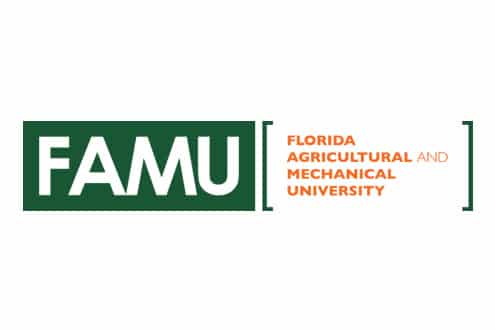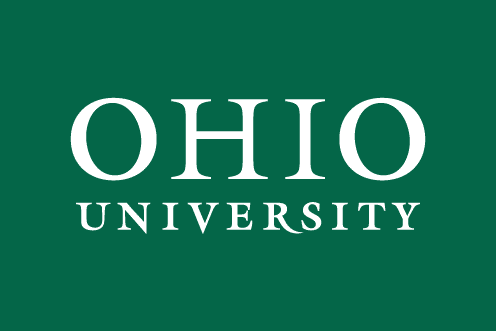

Career-connected education.
From smart to finish.TM
Career-connected education.
From smart to finish.TM


















Our partners’ business programs include accounting, finance, business administration, and beyond.

Our clinical placement program streamlines the field placement process for our partners and learners.

Through Advancement Courses, our partners offer K-12 educators fully online professional development courses.

Learners can choose from a wide range of concentrations through our partners’ flexible MBA programs.

Educators are advancing their teaching skills and administration careers through our partners’ programs.

Our partners train future leaders in healthcare administration, public health, lab sciences, and more.

70% of learners
are women

37
average learner age

104,000+ learners
in degree programs

62,000+ learners
in professional development courses


Who We Are
We’re more than an online program management (OPM) company. We’re a career-connected education provider on a mission to unlock human potential through affordable, accessible education. We believe education transforms lives, so we provide flexible solutions to a variety of local and non-profit universities and colleges around the globe. With our support, their learners earn their degrees, develop their skills, and advance their careers.
About Us
Meet Our Experts
We’ve been powering higher education for 210 years, with two decades of making online education more accessible, affordable, and outcome-focused. How do we do it? We work collaboratively, guiding our partners and supplying the talent, resources, and technology to help them reach their ideal learners, whether on-campus or online.
Meet Our TeamTogether, We’ll Take Your Learners Further
Learn more about how we can help:

























